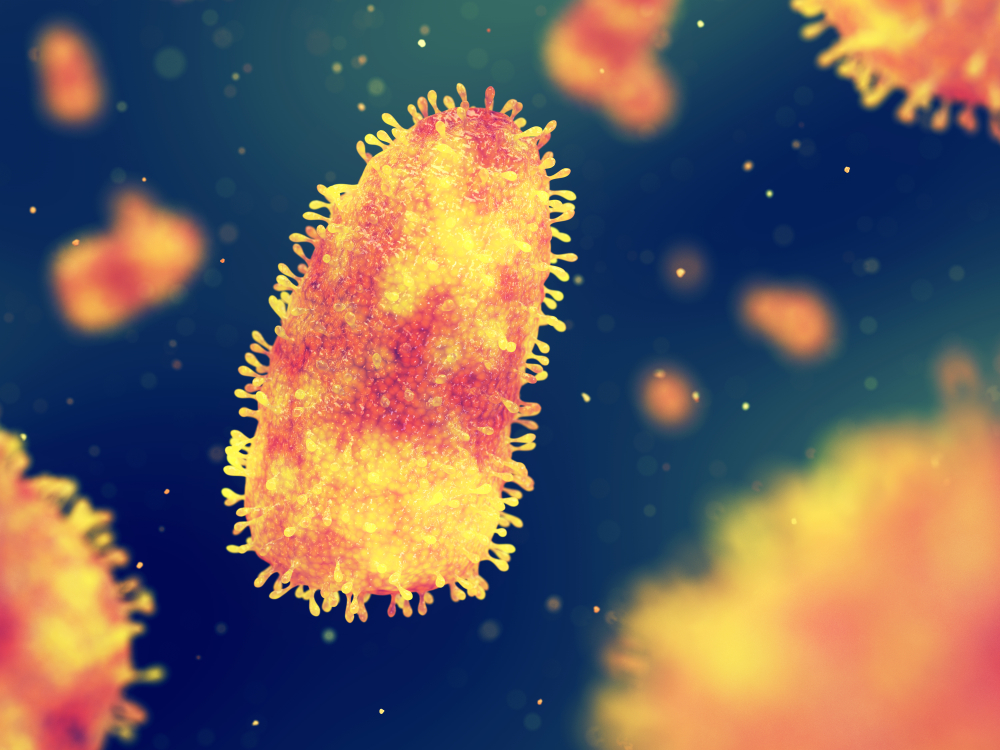Doctors at Harrow Health Care Centre based at The Clementine Churchill Hospital have said the death of a man from rabies following a trip to Morocco should act as a warning to other travellers visiting countries where the disease is prevalent.
The team of healthcare professionals at the Centre located on the London Road in Harrow said they were saddened to hear of the death of Omar Zouhri, who died after being bitten by a rabid cat while on holiday in the North African nation.
Public Health England (PHE) has since issued a warning to travellers, highlighting that between 2000 and 2017 five UK residents have been infected with rabies after being exposed to the disease while travelling overseas.
Harrow Health Care Centre said that knowledge of the disease was fairly limited amongst most British travellers due to the fact that the UK does not have a problem with rabies, but said that a bite from any animal overseas could lead to an increased risk of contracting rabies.
In patients with the disease, the virus moves from the bite area up into the central nervous system over a week to ten days and causes a fatal brain infection known as encephalitis.
However, like many viral diseases, it is preventable with a course of three injections, which confers life-long immunity. Those with the vaccine who are unfortunately bitten simply require a further rabies vaccination to boost their levels of protection.
Dr Jane Woyka, a GP at Harrow Health Care Centre, said: “The risk in regards to rabies is too great to ignore and we recommend that all travellers visiting nations with a high prevalence of rabies get treatment beforehand.
“If you contract rabies and you are not vaccinated you will need intensive treatment, which includes the provision of human immunoglobulin within 24 hours, as well as a course of rabies injections and a speedy return to the UK.
“Unfortunately, availability of human immunoglobulin is often limited in remote areas, which is why it is even more essential that people seek out a vaccine before setting off overseas.”
Dr Jane Woyka added that those bitten overseas without a vaccine should immediately wash the wound for 15 minutes with soap and water, followed by an application either of iodine or alcohol.
“This initial self-treatment will help to reduce the risk of initial infection, but immediate medical help should be sought regardless of whether the animal looks rabid or not – it could save your life,” she added.



